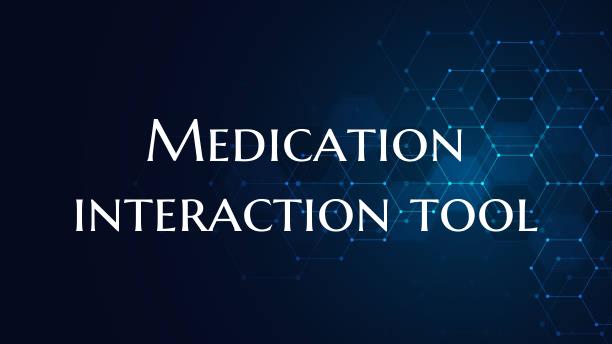
Medication interaction tool
In today's fast-paced world, where numerous medications are prescribed to manage various health conditions, the potential for drug interactions has become a significant concern. Enter the medication interaction tool – a valuable resource that helps healthcare providers and patients alike to navigate the complex realm of medication interactions.
So, what exactly is a medication interaction tool? Essentially, it is a software or online platform that enables users to input a list of medications they are taking and promptly identifies any potential interactions between them. These tools can range from simple databases to advanced algorithms that analyze the chemical composition of drugs to predict possible interactions.
One of the primary benefits of a medication interaction tool is its ability to prevent harmful interactions that could lead to adverse effects or reduced drug efficacy. By flagging interactions such as drug-drug, drug-food, or drug-supplement interactions, these tools empower healthcare providers to make more informed decisions when prescribing medications.
Moreover, medication interaction tools play a crucial role in improving patient safety and outcomes. Patients can use these tools to proactively check for interactions before starting a new medication or making changes to their existing regimen. This proactive approach not only enhances medication adherence but also reduces the risk of experiencing unexpected side effects.
Additionally, medication interaction tools promote interdisciplinary collaboration among healthcare professionals. Pharmacists, physicians, and other providers can utilize these tools to share information and ensure that the prescribed medications are compatible and safe for the patient's unique health profile.
In conclusion, a medication interaction tool is a vital resource in today's healthcare landscape. By leveraging technology to assess potential interactions and improve medication safety, these tools contribute to better patient care and outcomes. Whether you are a healthcare provider or a patient, incorporating a medication interaction tool into your practice or routine can make a significant difference in managing multiple medications effectively.